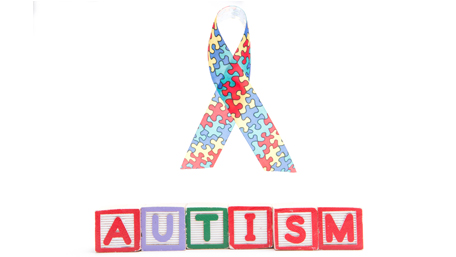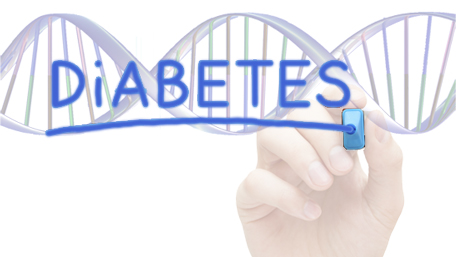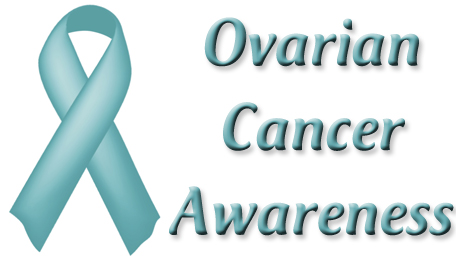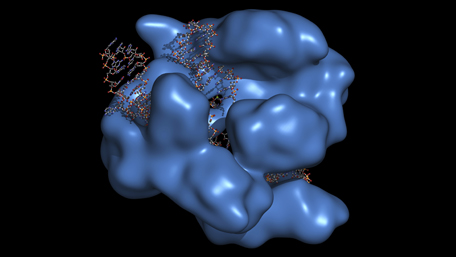
10/06/2023
Hot Topics of the Day are picked by experts to capture the latest information and publications on public health genomics and precision health for various diseases and health topics. Sources include published scientific literature, reviews, blogs and popular press articles.
Sign up MyPHGKB to receive the daily hot topic email alert.
Archived Hot Topics of the Day By Date
Scientists discover how dozens of genes may contribute to autism
M Johnson, The Washington Post, October 5, 2023
Precision medicine of obesity as an integral part of type 2 diabetes management – past, present, and future
L Szczerbinski et al. The Lancet Diabetes Endocr, October 4, 2023
Precision medicine for cardiometabolic disease: a framework for clinical translation
PW Franks et al, The Lancet Diabetes Endoc, October 4, 2023
Understanding diabetes heterogeneity: key steps towards precision medicine in diabetes
RD Leslie et al, The Lancet Diabetes and Endocrinology, October 4, 2023
Blood-based tests for multicancer early detection (PATHFINDER): a prospective cohort study
D Shrag et al. The Lancet, October 7, 2023
Heterogeneity and treatment landscape of ovarian carcinoma.
Ana C Veneziani et al. Nat Rev Clin Oncol 2023 10
Gene therapies for rare diseases are under threat. Scientists hope to save them- As industry steps aside, scientists seek innovative ways to make sure expensive treatments can reach people who need them.
H Ledford, Nature, October 6, 2023
Disclaimer: Articles listed in Hot Topics of the Day are selected by Public Health Genomics Branch to provide current awareness of the scientific literature and news. Inclusion in the update does not necessarily represent the views of the Centers for Disease Control and Prevention nor does it imply endorsement of the article's methods or findings. CDC and DHHS assume no responsibility for the factual accuracy of the items presented. The selection, omission, or content of items does not imply any endorsement or other position taken by CDC or DHHS. Opinion, findings and conclusions expressed by the original authors of items included in the Clips, or persons quoted therein, are strictly their own and are in no way meant to represent the opinion or views of CDC or DHHS. References to publications, news sources, and non-CDC Websites are provided solely for informational purposes and do not imply endorsement by CDC or DHHS.
- Page last reviewed:Feb 1, 2024
- Content source:








